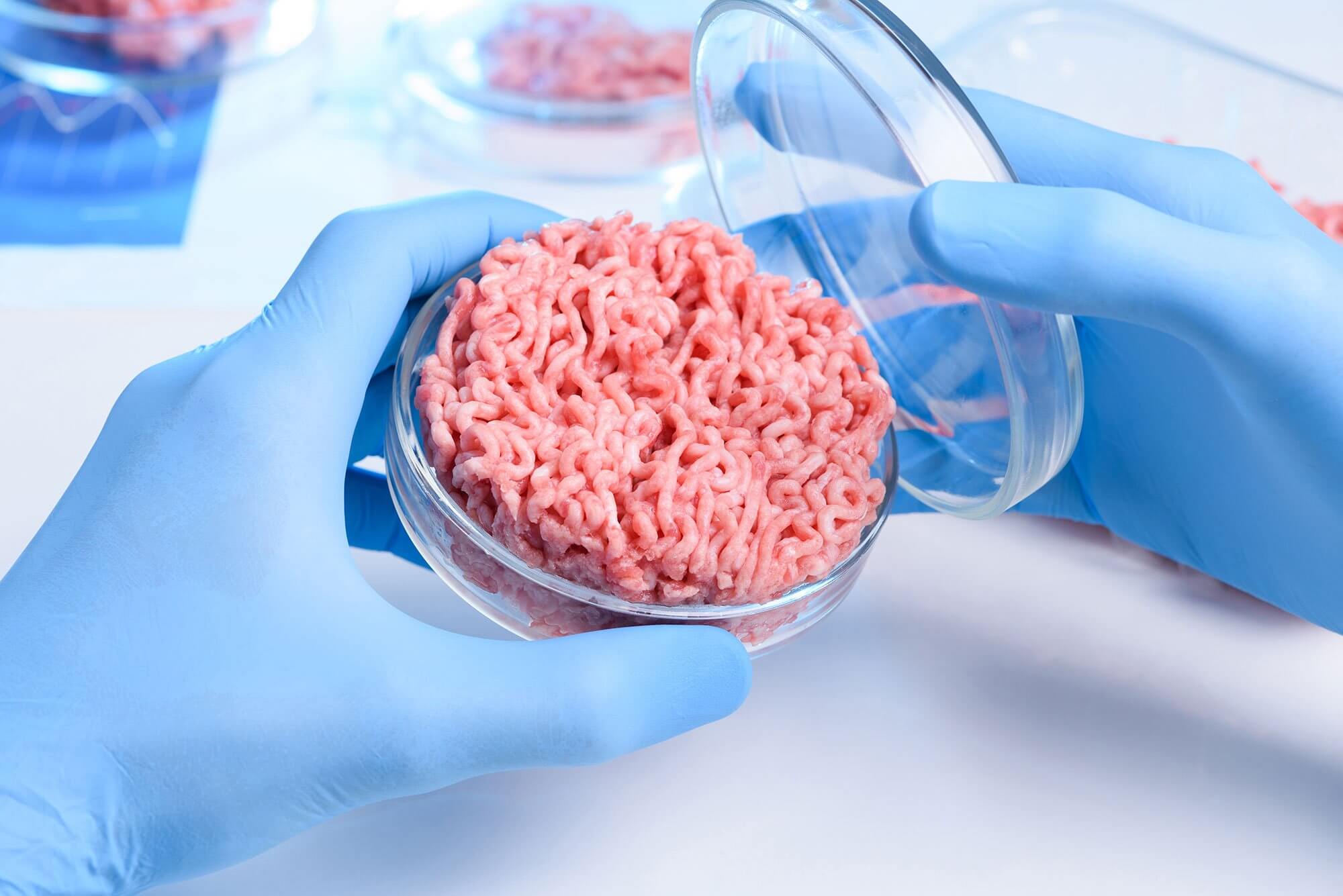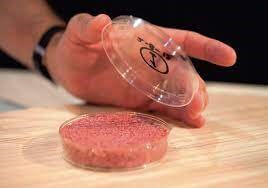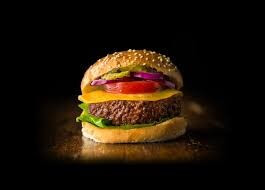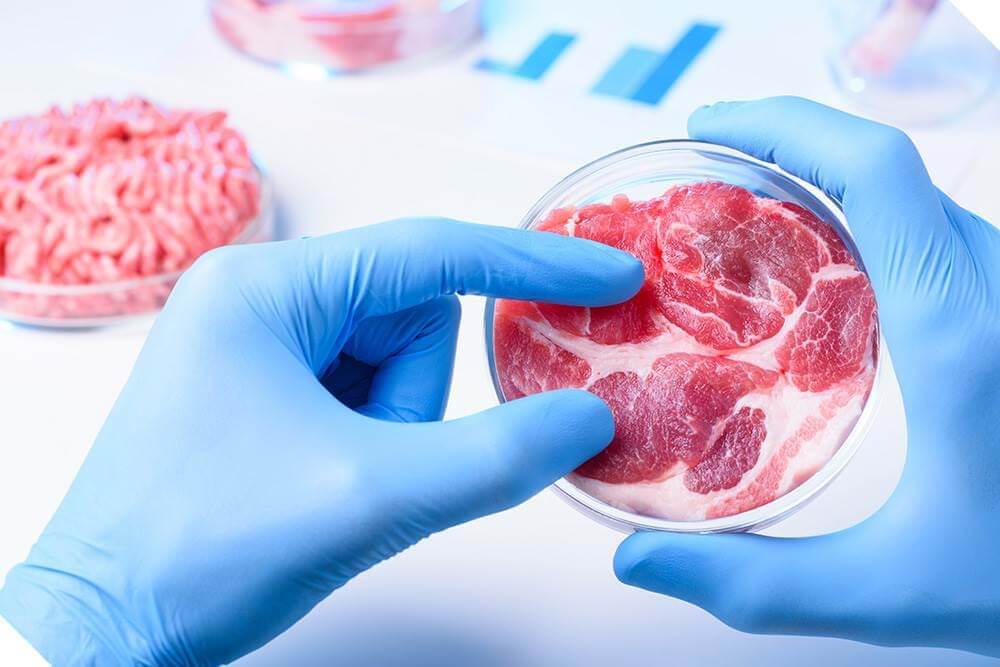The Very Best Meat

Out of a Factory
eyesonsuriname
Amsterdam, 25 november 2022–US firm GOOD Meat invited a number of reporters to a tasting of “cultivated chicken” – what the industry is branding lab-grown meat that comes not from a living bird, but from a tank of chicken cells.

This was a rare opportunity. Currently, the only place in the world where you can buy cultivated meat of any kind is in Singapore, where GOOD Meat became the first company to win regulatory approval for its product in 2020.
The invitation turned out to be timely.
Just a few days later, the US Food and Drug Administration announced cultivated meat made by US firm Upside Foods was safe for US diners to eat. It marks the first time the FDA has said it is ready to approve cultivated meat for sale, but it is unlikely to be the last. It said it was “engaged in discussions with multiple firms” over regulatory approval for such products.

Suddenly, it feels like cultivated meat might be on the cusp of becoming more than just a culinary novelty.
So reporters thought they would dig into the debate around these products and ask, is this really the way to fix our broken food system?
Most of us know by now that the meat and dairy industries are major drivers of climate change.
Around the world, livestock accounts for between 14.5 per cent of human-caused greenhouse gas emissions, according to the UN’s Food and Agriculture Organization.
The climate impact of what we eat could be dramatically reduced if people shifted to a largely vegan diet, say scientists.
In 2019, a team of researchers from the Eat-Lancet commission drew up a planetary health diet, which recommended limiting consumption of meat to just a few times a week , with extra fruit, vegetables and less meat filling the gap.
If everyone followed this regime, the world could feed 10 billion people a healthy diet while meeting global climate goals, said the researchers.

But not everyone thinks behaviour change on this scale is possible. Sure, a relatively small proportion of people will adopt vegan diets; a few more will go vegetarian.
We may even convince a large bulk of the population to reduce their meat intake and become “flexitarian”, switching most of their meat for plant-based alternatives.
But there will always be people who aren’t willing to give up a nightly steak, barbecued ribs, roast beef on a Sunday or bacon for breakfast, so the thinking goes.
For those people, only “real” meat will do.
Enter the cultivated meat and fish companies, which now number around 150 globally.
They are betting that there is a market for animal flesh grown from cells in large, stainless steel bioreactors – a way of producing meat, they say, without needing to slaughter any animals or ruin the environment. Everything from chicken to beef, pork, shrimp and tuna could be grown in a vat in this bright new food future.
eyesonsuriname









